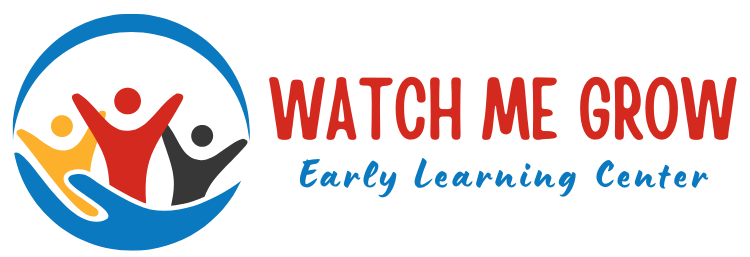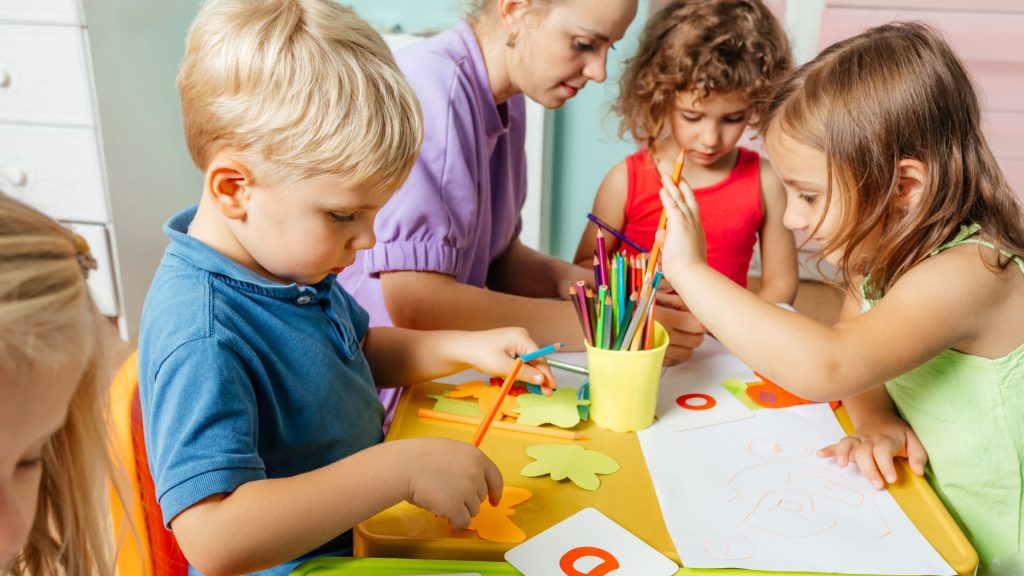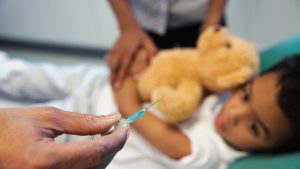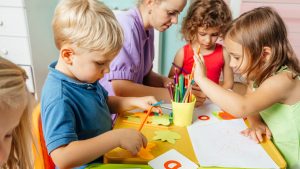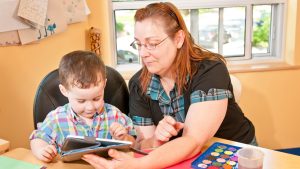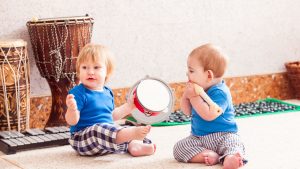Play is a fundamental part of early childhood learning, and at Watch Me Grow Early Learning Centre, we recognize its crucial role in child development. Here’s how play contributes to learning and development in young children:
1. Cognitive Development: Play helps children develop essential cognitive skills such as problem-solving, creativity, and imagination. Through play, children learn to explore and understand the world around them.
2. Social Development: Play provides opportunities for children to interact with others, learn social skills, and develop friendships. They learn to share, take turns, and collaborate with their peers.
3. Emotional Development: Play allows children to express their emotions and learn to regulate them. It helps them develop empathy, resilience, and confidence in themselves.
4. Physical Development: Play encourages physical activity and helps develop gross and fine motor skills. Activities such as running, jumping, and climbing contribute to physical health and development.
5. Language Development: Play promotes language development as children engage in conversations, storytelling, and role-playing. They learn new words, improve their communication skills, and develop a love for reading and storytelling.
6. Creativity and Imagination: Play stimulates creativity and imagination, allowing children to explore new ideas and possibilities. It helps them develop a sense of curiosity and wonder about the world.
7. Problem-Solving Skills: Play presents children with challenges and opportunities to problem-solve. Whether building a block tower or completing a puzzle, children learn to think critically and find solutions to problems.
At Watch Me Grow Early Learning Centre, we incorporate play-based learning into our curriculum to promote holistic development in children. Through play, children learn valuable skills that will benefit them throughout their lives.
